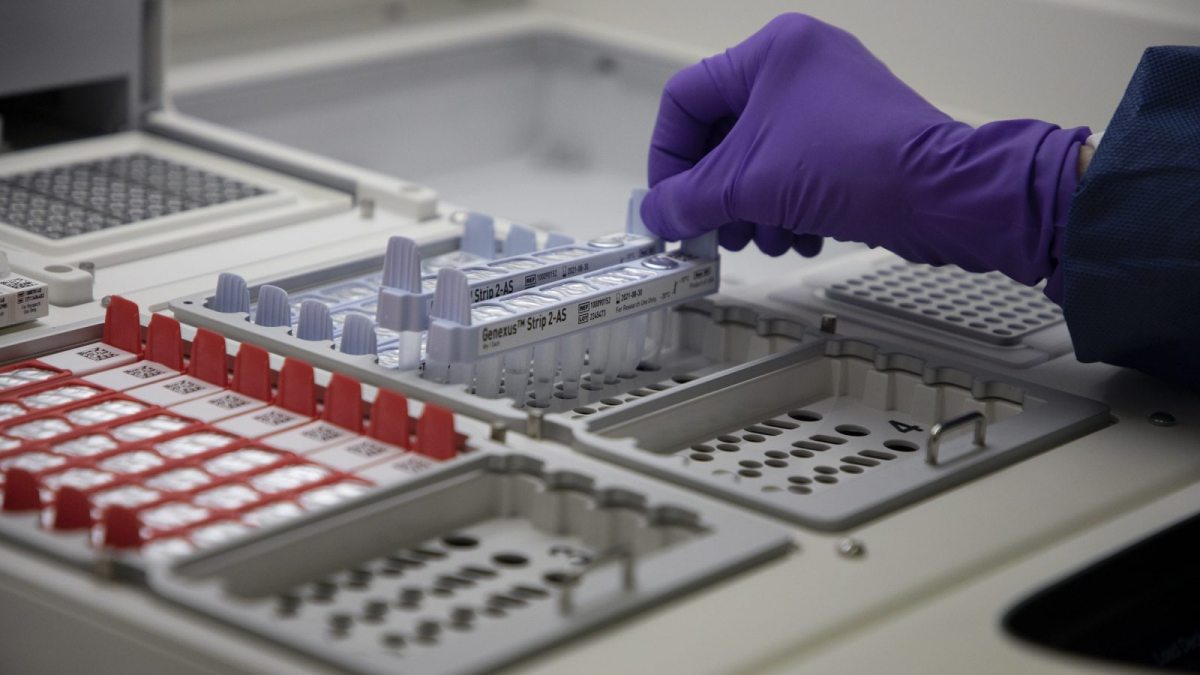A message from the chancellor: Carolina’s research impact
"When Carolina’s researchers see the problems of this world, and particularly the challenges in our state, we act. Our researchers don’t look around to see who else might respond. We face the problem head-on, roll up our sleeves, and we get to work."

Dear Carolina Community,
On Wednesday, we celebrated 229 years of history as the nation’s first public university. Together in Memorial Hall, we recognized distinguished alumni, faculty and staff who have made a difference in our world and highlighted the impact of Carolina’s researchers, from developing graduated driver license programs to understanding how to treat HIV/AIDS.
When Carolina’s researchers see the problems of this world, and particularly the challenges in our state, we act. Our researchers don’t look around to see who else might respond. We face the problem head-on, roll up our sleeves, and we get to work.
In my own career, I saw how athletes were treated for concussions on the playing field, and I knew we could do better. Alongside an amazing team of talented and curious researchers, I have dedicated my life to making sports safer. Every one of our researchers has a story like that, whether it’s a family member who died from cancer, a mother who struggled with postnatal depression, or a relative who suffers from addiction. Each of us has devoted our lives to problems that don’t have easy answers. Our research is never just academic. It is curiosity with a purpose.
As a result, Carolina’s research enterprise has quadrupled since the late 1990s and doubled in the last 15 years. Today, we are a global research powerhouse that attracts over $1.2 billion annually to North Carolina in research funding. But our research is not just about the numbers, it’s about the impact that we have on the lives of people around the world.
Our faculty and student speakers at University Day demonstrated that impact on issues surrounding water. Professor Orlando Coronell and Christian Chung shared their North Carolina Collaboratory research on a novel technology for effectively removing toxic pollutants from our drinking water. Professor Caela O’Connell and Margot Midkiff highlighted the impact of hurricanes, flooding, pollution and other factors on human and environmental relationships in communities across our state.
I hope that you’ve been able to attend some of the UNC Research Week events to hear more about the impactful research being conducted in every corner of our campus. Our work as a university is critical for the future of our state and the world, and I am grateful to the many faculty, staff and students for the part you play in making it possible.
Sincerely,
Kevin M. Guskiewicz
Chancellor




